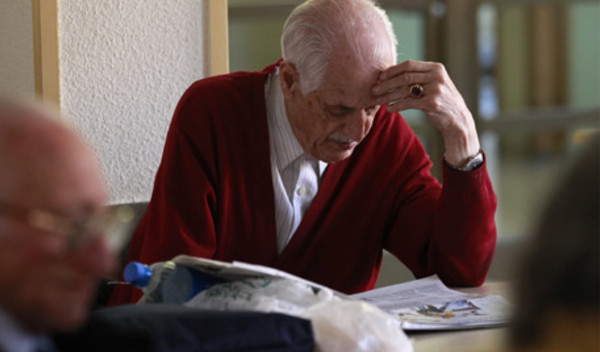

More than one in seven of those planning to retire this year have no pension savings and will either be totally or heavily dependent on the state pension as their only source of regular retirement income, according to Prudential.
The insurer’s eighth annual study tracking plans and aspirations of people planning to retire this year, found that one in six of the ‘Class of 2015’ will retire with expected annual incomes below the Joseph Rowntree Foundation’s adequate income standard for a single pensioner of £9,500.
A single pensioner exclusively relying on the current full state pension of £115.95 a week has a total annual income of just over £6,000 - well below this benchmark.
The research also highlighted the importance of the state pension to all people planning to retire this year – even those who have other forms of pension savings – as on average the state pension will provide 36 per cent of a 2015 retiree’s income.
The study of 7,687 UK non-retired adults aged over 45 – including 1,012 intending to retire in 2015 – also found that despite its importance to them, 37 per cent think the state pension is worth more than its current value and a further 8 per cent admitted to having no idea what it is worth.
Vince Smith-Hughes, retirement income expert at Prudential, said that only those with their own pension savings will be able to benefit from the new at-retirement freedoms, while people who rely solely on the state pension are likely to have to face “serious financial belt-tightening” when they give up work.
“Our research shows that the state pension will make up a significant proportion of income for most people – but it is important not to overestimate its value – to secure a comfortable retirement income the best approach remains to save as much as possible as early as possible during your working life.”
Mr Smith-Hughes suggested speaking to a professional financial adviser to avoid making decisions that might have an unwanted financial knock-on effect in later life, whilst also noting the free guidance sessions to help with choices.
The study also showed women are more than twice as likely to have to rely on the state pension or other savings, with 21 per cent saying they have no pension savings, compared to 9 per cent of men. Women anticipate the state pension will account for 41 per cent of their expected retirement incomes, compared with 31 per cent for men.
Of those that do have a pension, 56 per cent have a defined benefit scheme as their main pension compared, with 44 per cent having variants of defined contribution as their main scheme.
peter.walker@ft.com



